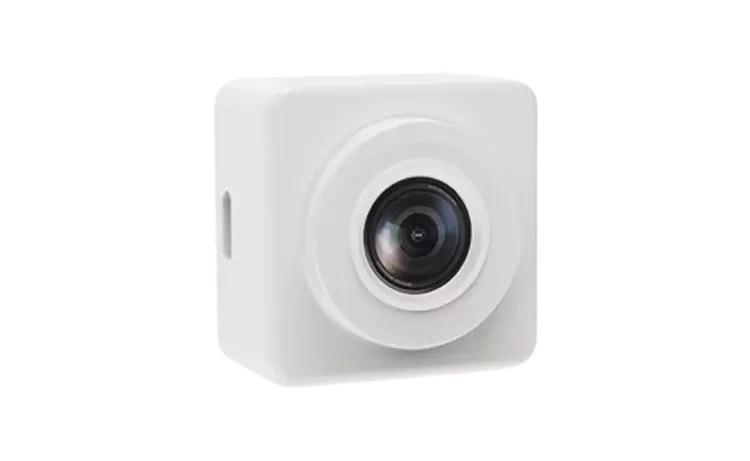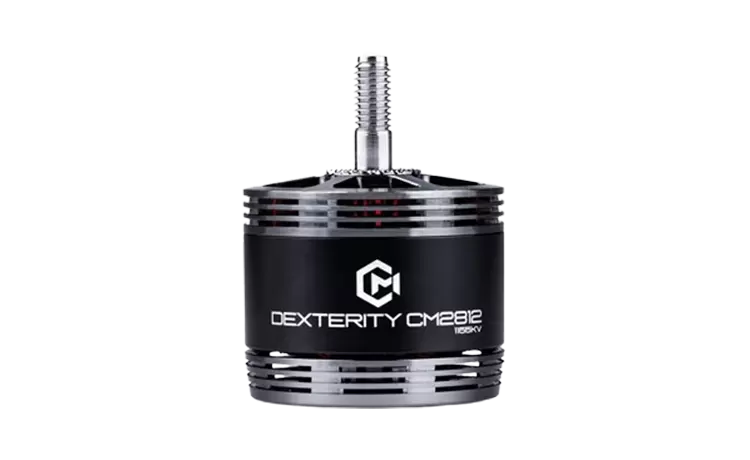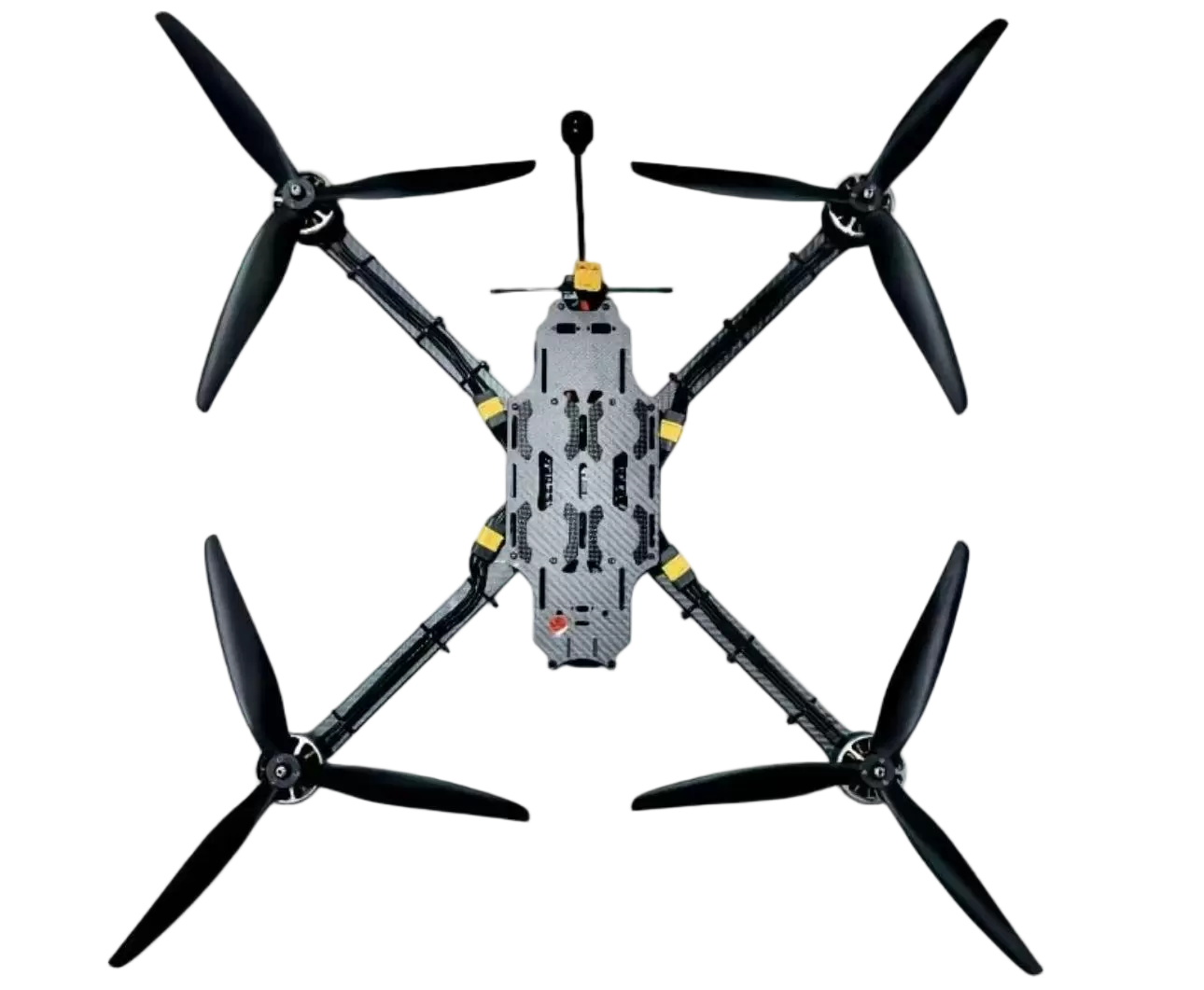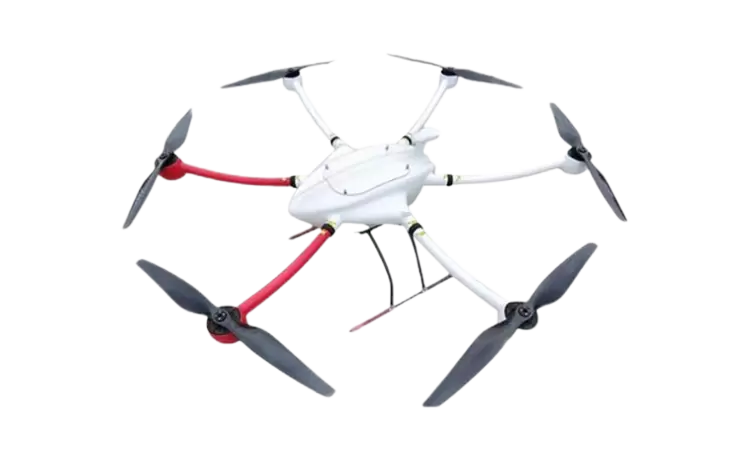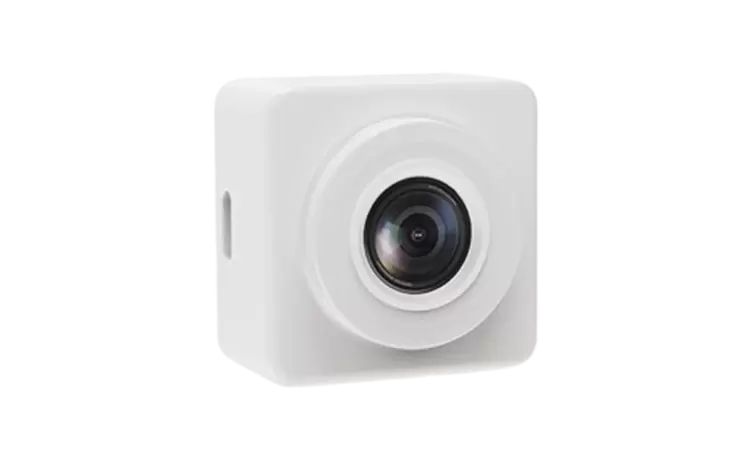In recent years, multi-rotor drone agriculture has emerged as one of the most transformative technologies in modern farming. These high-performance drones are reshaping the way farmers monitor crops, apply fertilizers and pesticides, and collect critical data to improve productivity and sustainability. As agriculture faces increasing pressure to produce more with fewer resources, multi-rotor drones are providing innovative solutions that are both efficient and environmentally friendly.
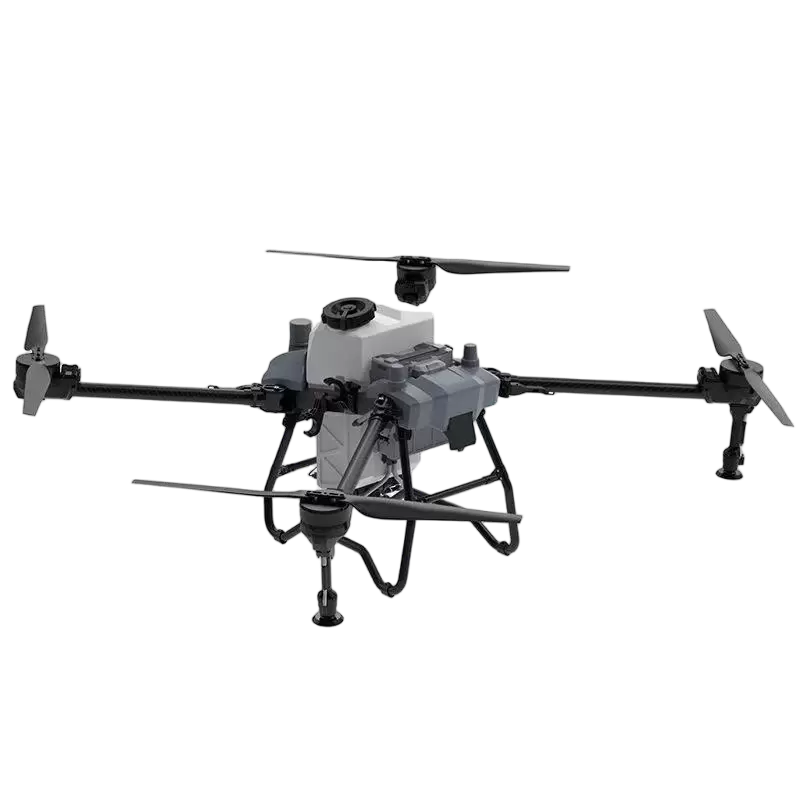
The Rise of Multi-rotor Drones in Agriculture
Traditional farming methods rely heavily on manual labor and machinery that are often time-consuming, costly, and less precise. In contrast, multi-rotor drones bring automation and intelligence into agricultural management. With their vertical take-off and landing capabilities, these drones can operate efficiently even in complex terrains. They can quickly cover large areas, capturing high-resolution aerial imagery that helps farmers identify plant stress, disease, or pest infestations in real time.
The growing popularity of multi-rotor drones in agriculture stems from three key advantages: precision, efficiency, and data-driven decision-making. Equipped with advanced sensors and cameras, drones provide accurate data on crop health, soil conditions, and irrigation needs. This allows farmers to make informed decisions, reduce waste, and optimize resource use — all crucial for sustainable farming.
Precision Farming through Drone Technology
Precision agriculture is at the heart of the modern farming revolution, and multi-rotor drones play a pivotal role in making it possible. Drones enable targeted spraying of fertilizers and pesticides, significantly reducing the quantity of chemicals used. Unlike traditional machinery that applies chemicals uniformly across entire fields, drones can detect specific areas that need treatment and spray only where necessary.
This targeted approach not only lowers input costs but also minimizes environmental impact by reducing chemical runoff. Furthermore, drones equipped with multispectral sensors can monitor crop growth stages, detect nutrient deficiencies, and help plan harvesting schedules more accurately.
Boosting Efficiency and Productivity
Multi-rotor drones have become essential tools for improving farm efficiency. Tasks that once took hours or even days can now be completed in minutes. For instance, a drone can survey hundreds of acres of farmland and produce a detailed map of crop health in a single flight. This real-time data enables farmers to act quickly, addressing issues before they escalate.
Additionally, the use of high-performance brushless motor systems—such as those developed by Jiangxi BonSure Technology Co., Ltd.—has greatly enhanced drone performance in agriculture. As a professional manufacturer and exporter specializing in drones and brushless power systems, Jiangxi BonSure Technology focuses on designing and producing high-quality, high-efficiency brushless motors that ensure stable flight, strong power output, and long service life. These features are essential for drones operating in demanding agricultural environments.
The Role of Jiangxi BonSure Technology in Drone Innovation
Jiangxi BonSure Technology Co., Ltd. is a comprehensive enterprise integrating R&D, production, and sales of drones and related accessories. While the company is well-known for its firefighting and rescue drones, its advanced brushless power systems have also found wide applications in the agricultural drone sector.
By combining innovative engineering and rigorous quality control, BonSure delivers drone propulsion systems that enhance load capacity, flight duration, and operational stability — all critical factors for agricultural use. Whether for crop spraying, seed spreading, or aerial monitoring, BonSure’s technology supports the growing demand for intelligent, efficient, and reliable agricultural drones.
Driving Sustainable Agriculture
The integration of multi-rotor drones into agriculture also aligns with global efforts toward sustainability. Reduced chemical usage, optimized irrigation, and efficient energy consumption all contribute to lower environmental impact. Moreover, by improving crop yields and reducing losses, drone-based farming supports food security and economic stability for agricultural communities.
As climate change continues to challenge traditional farming practices, drones provide a scalable, adaptable, and eco-friendly solution that empowers farmers to work smarter, not harder.
The Future of Farming
Looking ahead, multi-rotor drone agriculture will continue to evolve alongside advancements in artificial intelligence, machine learning, and IoT (Internet of Things). Smart drones will be able to analyze crop conditions autonomously and communicate with other agricultural machinery for fully automated farm management.
With innovators like Jiangxi BonSure Technology Co., Ltd. leading in high-performance drone systems, the future of precision farming is bright. The integration of reliable drone technology and intelligent data analytics will drive a new era of productivity, efficiency, and sustainability in agriculture.
Conclusion
The agricultural landscape is undergoing a profound transformation, and multi-rotor drone agriculture is at the center of this revolution. By enhancing precision, reducing costs, and promoting sustainability, these drones are empowering farmers to meet the challenges of modern food production. Companies such as Jiangxi BonSure Technology Co., Ltd. are fueling this progress through their commitment to innovation and quality, helping to build a smarter and greener agricultural future.






